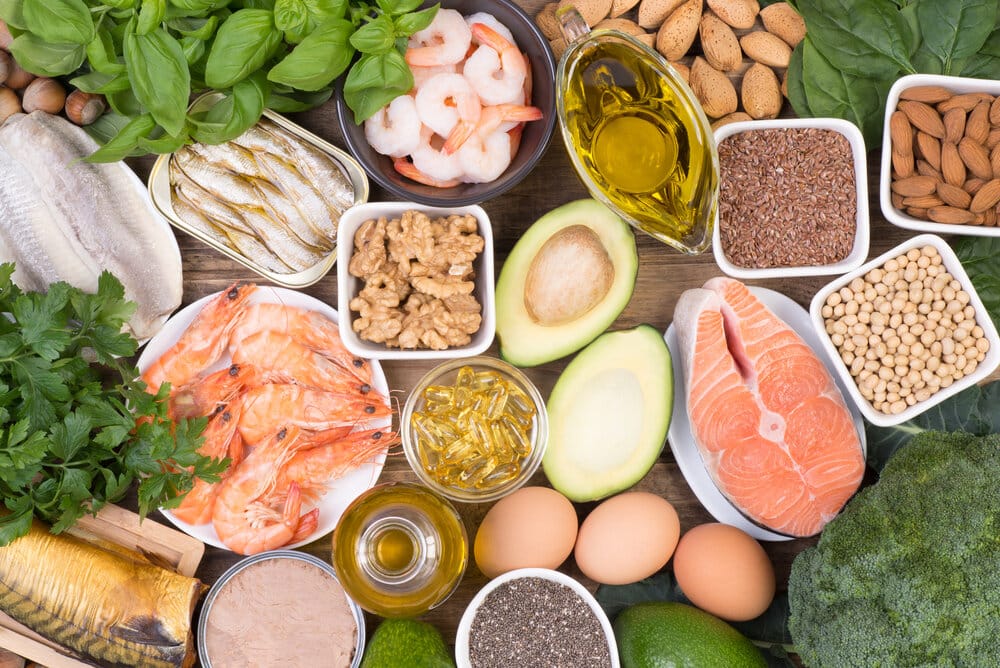
Have you had any recent flare-ups in your chronic joint pain? Do you feel as if your arthritis is starting to take over your life? Joint pain limits the activities that people can do on a daily basis. You might miss the independence you had before your joint pain. Medication can be helpful at times, but there are alternatives if you don’t want to take prescription meds. Humans have been using joint pain remedies for ages, and we are constantly learning more about their potential benefits.
Prescription medications from pain management clinics aren’t the only way to relieve throbs and twinges. But the good news is that we can do a lot to deal with pain and disease through what we eat. Read on to learn the suggestions provided by the pain management clinic in OKC.
Food That You Should Eat
Wheat and sugar are big causes of inflammation and joint pain. With a diet low in processed foods and refined sugar and high in whole foods, conditions such as diabetes, arthritis, and Fibromyalgia can be prevented, reversed, or managed.
Best Whole Foods for Joint Pain
Beans, nuts, fish, and any fruits or vegetables that can be considered whole foods are ideal for patients with inflammation. Everything refined is harder to digest and can lead to sore joints and inflammation in our bodies.
Omega-3 Fatty Acids
The development of type 3 prostaglandin-type prostaglandins, acting against cellular degeneration and inflammation, increases in foods that are naturally rich in omega-3 fatty acids, such as wild salmon, wild sardines, tuna, anchovies, and others. If you do not like fish, take additional fish oil to minimize joint pain, rigidity, and swelling.
Vegetables
In addition to antioxidants and vitamins, most fruits and vegetables also have anti-inflammatory properties. Vitamin C is found in grapes, grapefruits, limes, and apples, which can reduce pain and swelling in arteritis.
Broccoli, spinach, lettuce, kale, and cod all contain vitamin K, which decreases blood inflammation. Kale is a superfood with antioxidant and anti-inflammatory properties, including vitamin K, vitamin A, V.C., omega-3 fatty acids, protein, and flavonoids.
It is shown that anthocyanins are highly counter-inflammative in cherries, strawberries, raspberries, blueberries, and blackberries.
Additional Virgin Olive Oil
You want to stick with extra virgin olive oil when it comes to oils. But what actually means’ extra virgin?
The extra virgin part means the oil has been processed by a cold press process (without heat or chemicals), and thus has the most polyphenols and the most micronutrients.
This oil is beneficial for the health of the patients. Cook on low to moderate heat; use raw spices blended with herbs as a vegetable sauce or as a salad dressing.
Turmeric
Studies have demonstrated a substantial reduction in pain and swelling due to its strong anti-inflammatory properties in spice peat (or, more specifically, the powerful active ingredient curcumin). Begin to cook with turmeric or take an extract or supplement of curcumin.
Bone Broth
You can find the cold fighter with high mineral content and plenty of collagen-rich protein in bone broth. Collagen protects the body, bones, and any weak tissue, such as the bladder or digestive organs. You can save chicken bones in the freezer to create a large pot of bone broth!
Ginger
Ginger-based supplements can be consumed in the form of tea, as a cooking component, or as a tablet. It’s been known for a long time to help with stiffness.
Willow
Willow has been utilized for therapeutic purposes since the dawn of humanity. This plant can be consumed as a tea or as a tablet. Salicin, an anti-inflammatory chemical found in willow, is present. In fact, salicin is connected to aspirin, the most widely prescribed anti-inflammatory drug in the world.
Green Tea
In addition to being a delicious beverage, green tea includes a chemical called ECCG, which has anti-inflammatory properties. Green tea is also available in pill form, making it easier to eat on a regular basis.
Eucalyptus
If you suffer from joint pain, essential oils such as eucalyptus might be extremely beneficial. They have anti-inflammatory properties and can help you feel better. Simply massage a small drop onto your skin – perhaps while receiving a massage, which will help to relieve pain.
When you need us, our joint pain specialists are here to help. Please contact our pain clinic right away for a thorough examination of your painful joint symptoms. Our board-certified pain doctors in Oklahoma at Oklahoma Spine & Pain Management are experienced at treating lower back pain and knee pain.
However, visiting Oklahoma Spine & Pain Management is the best decision you can take to eliminate any inflammation.
**Disclaimer: This content should not be considered medical advice and does not imply a doctor-patient relationship.






